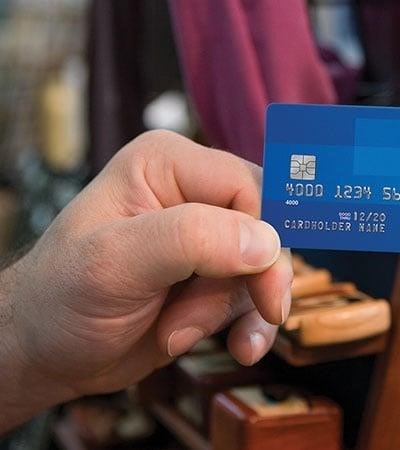
The pursuit of financial independence is a journey requiring careful planning, responsible spending, and a deep understanding of personal finance․ While the concept might seem daunting, it’s achievable with the right tools and strategies․ This article explores how leveraging credit cards without verification (Non-VBV), while acknowledging their inherent risks, can play a role in your broader financial freedom plan, alongside other crucial elements of money management and financial planning․
Understanding Non-VBV Credit Cards
Credit cards without verification, sometimes referred to as unsecured credit cards or alternative credit cards, are designed for individuals who may have limited or imperfect credit histories․ They typically don’t require a credit check as stringent as traditional cards․ However, this ease of access comes with a caveat: they often come with higher interest rates and fees․ While they can facilitate secure online payments, the absence of 3D Secure (VBV) verification means a higher risk of fraud․ Therefore, meticulous online security practices are paramount when using these cards․
It’s crucial to differentiate between convenience and responsible use․ While a Non-VBV card might offer immediate access to credit, it shouldn’t be seen as a shortcut to financial freedom․ Instead, it should be a carefully considered tool within a broader financial independence strategies framework․
Building a Strong Financial Foundation
The true path to financial independence involves much more than simply accessing credit․ Here are some key pillars:
1․ Budgeting and Debt Management:
Effective budgeting is essential․ Track your spending habits meticulously to identify areas for improvement․ Develop a plan to manage existing debt, prioritizing high-interest debt first․ Understanding your financial inflows and outflows is crucial for wealth building․
2․ Credit Score Improvement:
While Non-VBV cards may not directly boost your credit score, responsible use of any credit card, including these, can contribute positively over time․ Paying your bills on time and keeping your credit utilization low are critical factors in improving credit and building credit․ Consider gradually transitioning to cards with better terms and benefits as your creditworthiness improves․
3․ Financial Literacy:
Financial literacy is paramount․ Educate yourself about personal finance principles, including interest rates, credit scores, and investment strategies․ This knowledge empowers you to make informed decisions and avoid costly financial mistakes․ Numerous online resources and courses can help you enhance your financial literacy․
4․ Responsible Spending:
Responsible spending is the cornerstone of sound financial management․ Avoid impulsive purchases and focus on needs over wants․ A well-defined budget and disciplined approach to spending are critical for achieving your financial goals․
Non-VBV Cards and Your Financial Journey
Non-VBV credit cards can be a stepping stone for some individuals, particularly those with limited credit history․ However, they should be used cautiously and strategically․ Prioritize responsible use, meticulous tracking of expenses, and a commitment to debt management․ The ultimate aim should be to transition to cards with better terms and to build a strong foundation of financial literacy and responsible spending․
Remember, financial freedom isn’t solely about credit cards; it’s about a holistic approach to personal finance that encompasses budgeting, debt management, credit score improvement, and a commitment to lifelong learning in the realm of financial planning․
